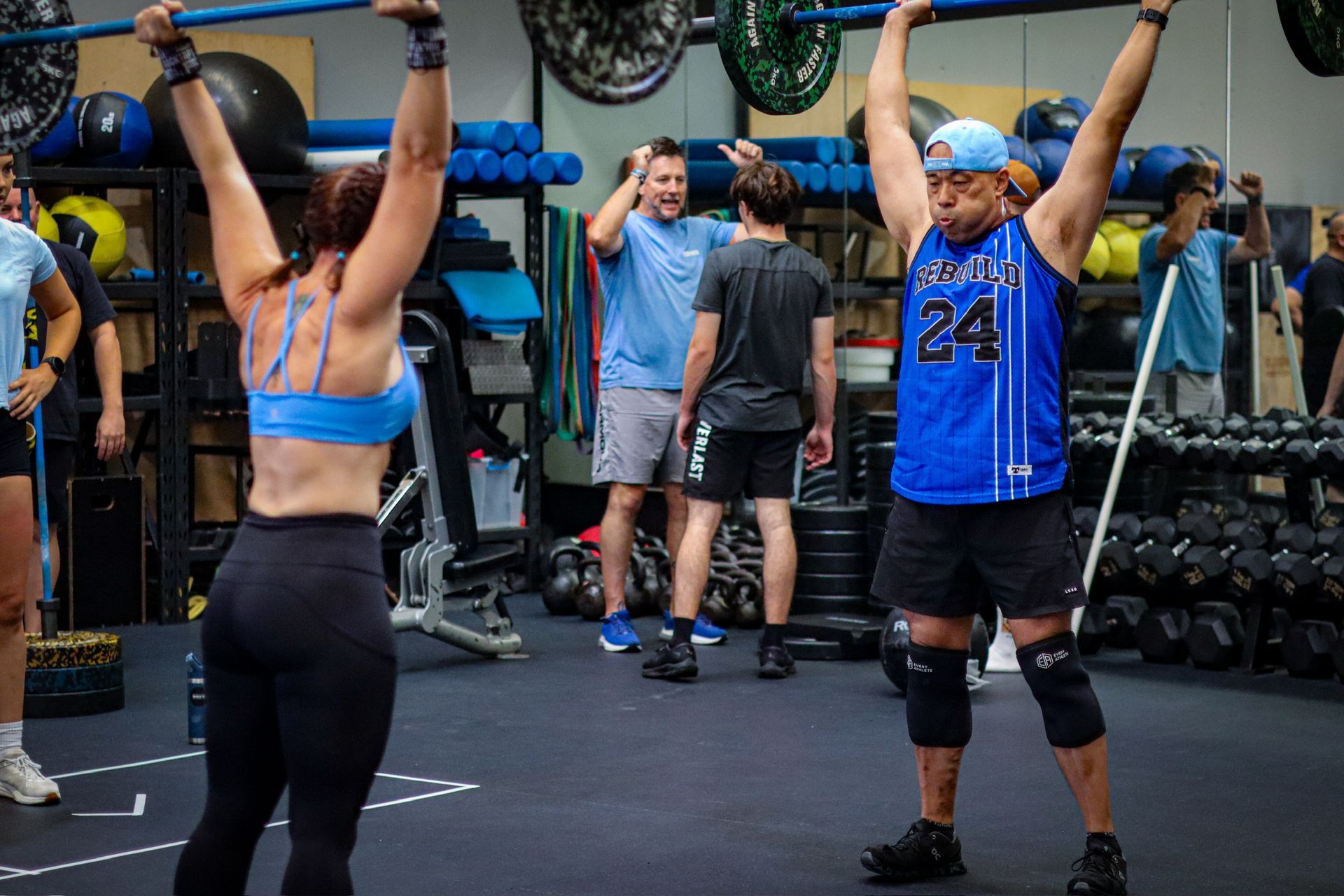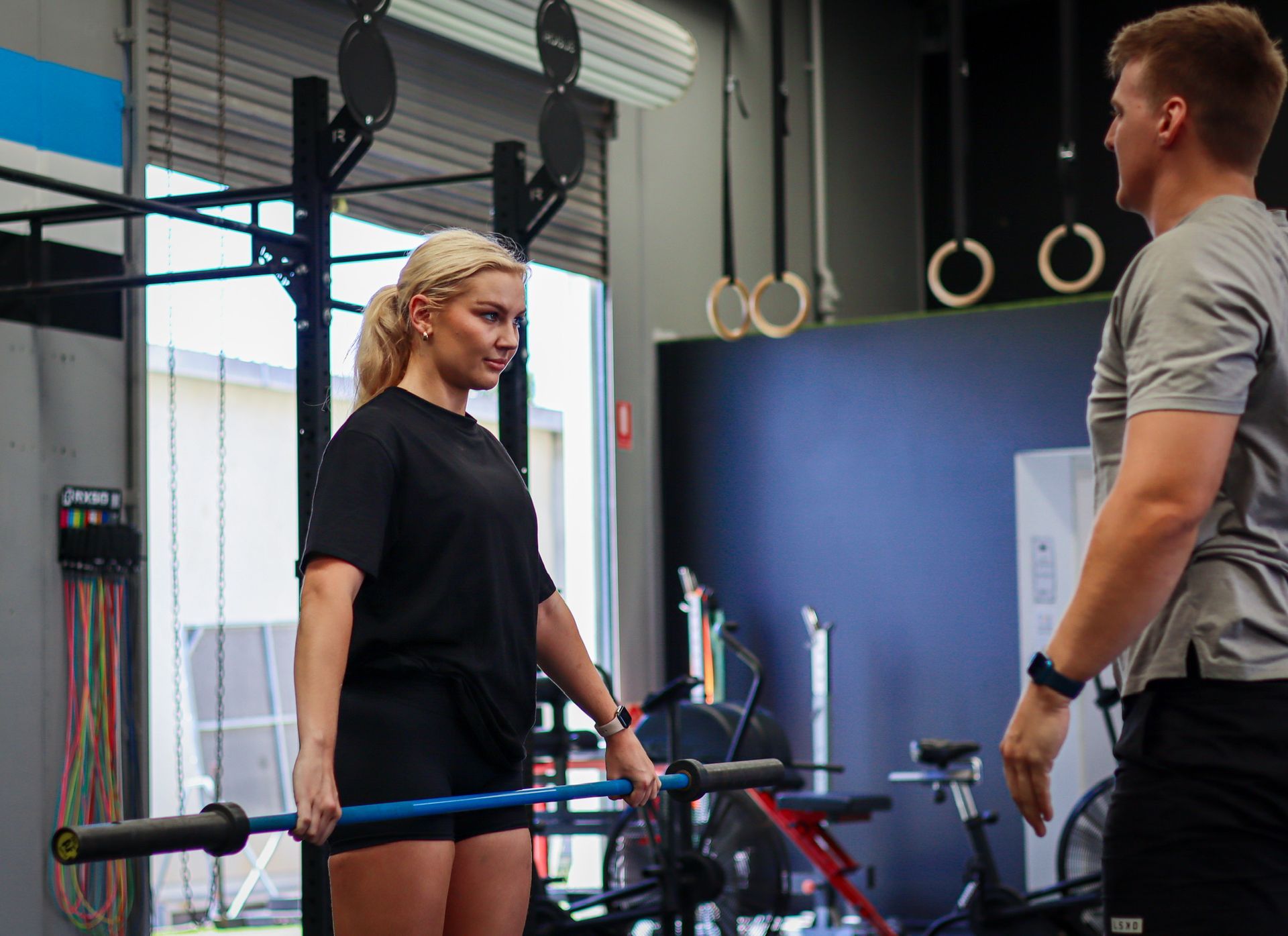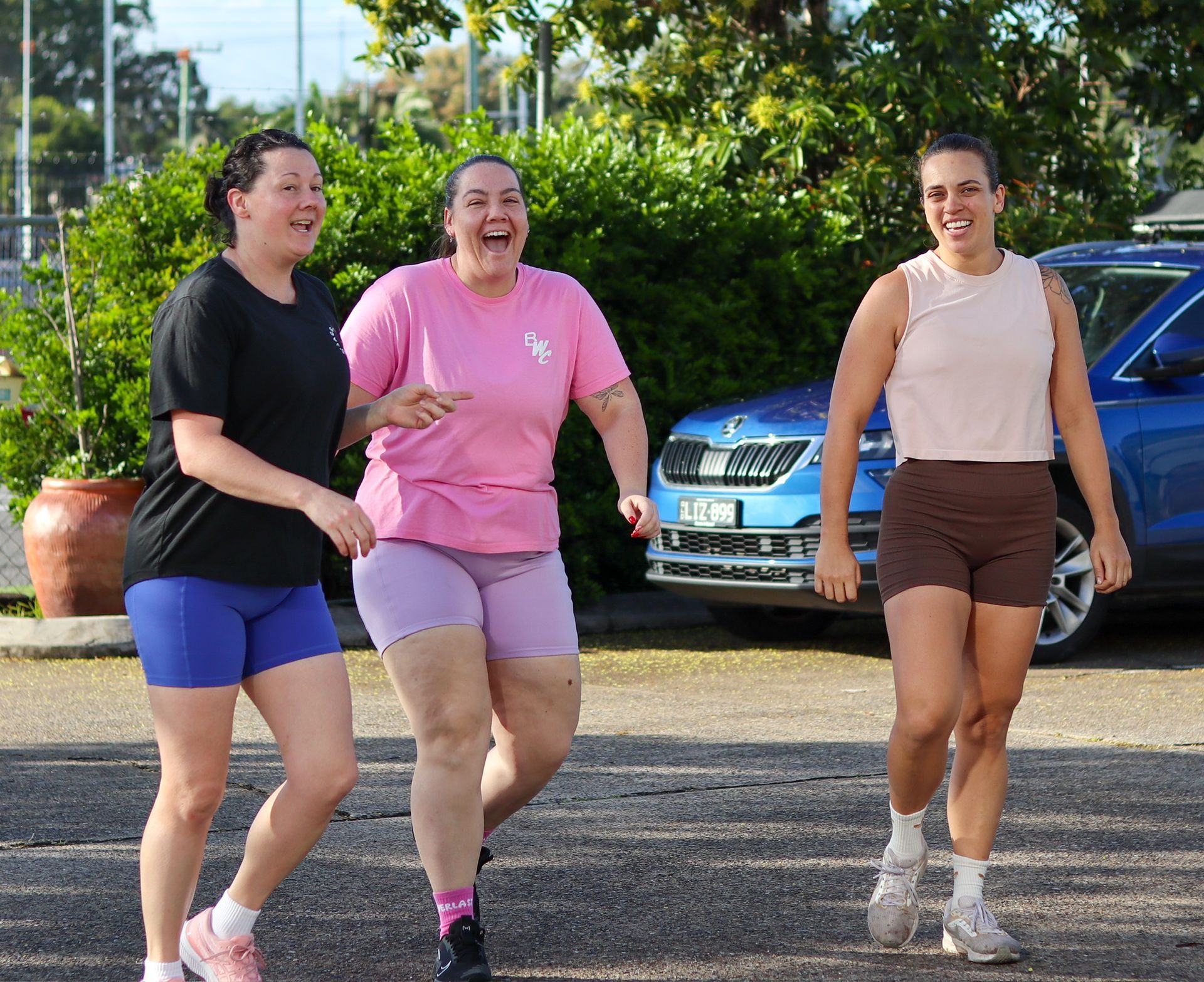From Cheerleading To Professional Muay Thai: The Story Of Lucy Deadman
Lucy Deadman is a small human. Weighing in at roughly 44kg, she’s slight, but strong, fast and tough. She’s also a professional Muay Thai fighter, with her sights set on the world championship.On episode 45 of the Rebuild Health and Fitness Podcast, we talk to Lucy Deadman, a 22-year-old Muay Thai fighter who got into the sport through her sister’s persistence but stayed because of her passion.Lucy, who grew up in Wynnum Manly, discovered Muay Thai after giving up cheerleading because of an injury - her sister was in part to thank. “My sister was doing Muay Thai at the Corporate Box by the Valley and she really had to drag me with her because I was like “I’m not going, I won’t fight or punch anybody” but once I went I kind of fell in love with it and the rest was just history,” says Lucy.Muay Thai is a combat and martial arts sport that mainly uses stand-up striking paired with various clinching techniques. It’s known as the ‘art of eight limbs’ as it involves the collective use of fists, elbows, knees and shins. The Thai sport is also known for its respectful nature.Lucy says: “One of the things I like about Muay Thai is how respectful it is. You always bow down to your trainer, to your opponent, when you enter the ring and also when you exit the ring. There’s also a ritual where you seal the ring to keep bad energies out while you and your opponent are on the inside. It’s just always very respectful.”Starting a combat sport, it’s only natural to feel nervous and when you’re getting in the ring. Lucille (her stage name) says she faked it until she could make it. “I looked back at some of my old fight videos, and I looked so overconfident, as if I knew exactly what I was doing. I’d be touching gloves and staring at this poor girl like I was going to kill her but, I was scared and in my head, I’d say, “Oh shit, this is going to hurt.”Despite this, she currently holds the title of Destiny Mini Flyweight Champ and will go on to defend the title in a fight in July. Lucy says that she wanted to follow the correct path to the top, but it has been a bit difficult. “I wanted to do all the stepping stones, I have the Destiny title, I wanted the Queensland one next and then move on to the Australian title which will happen at the end of the year. But I’ve got to skip the Queensland one because none of the girls here are eligible to fight, so I’ve got to move on to the Australian title.”During her training, it wasn’t always smooth sailing, Lucy went to Thailand, the home of Muay Thai, where she said it was challenging at times. “When I went to Thailand, it was just a shock for me because there, I was just another number, just another trainee going on a run. Whereas here, Micka trains with me twice a day, every single day and so I get that solid one-on-one with him.”“I called him halfway through and was bawling my eyes out saying I needed him there since I got less fit, and my technique got worse” adds Lucy. What she heard in response was just to “wipe your tears, put your big girl pants on and go back inside”, and that is just what she did. At present she stands at seven fights, six of which she’s won; resilience, good coaching, and an untiring passion for Muay Thai, Lucy Deadman shows she’s here to stay.Listen to the podcast below, or if you want help with your nutrition, get in touch with our team; team@rebuildhealthandfitness.com.
Previous Blogs




